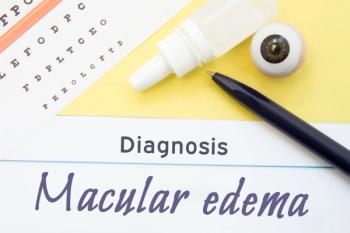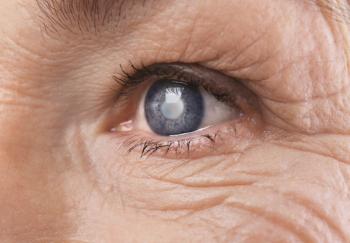
Holistic Eye Care is Essential to Employers
The survey highlights a growing willingness among employees to pay for premium lens options and a focus on early diagnosis of eye conditions, aligning with the broader trend of holistic well-being.
Employees are prioritizing holistic health, including eye care, as issues like blurry vision and eyestrain impact productivity, according to this year's Transitions Workplace Wellness Survey.
The survey highlights a growing willingness among employees to pay for premium lens options and a focus on early diagnosis of eye conditions, aligning with the broader trend of holistic well-being.
It was revealed that 96% of employees plan to visit a healthcare provider in the next 12 months, with a particular emphasis on primary care, dentistry, and eye care.
The results are similar to a CVS Health study indicating heightened health awareness due to the COVID-19 pandemic, with 89% of employees regularly engaging in holistic activities such as healthy eating, exercise, meditation, or therapy.
Transitions noted in a press release summarizing the study that eye-related issues significantly impact workplace performance, with 78% of employees reporting negative effects. Eyestrain and blurry vision, cited by 49% and 38% of respondents, are leading causes of reduced productivity.
The preferred workplace wellness initiative to address these issues is regular eye breaks, which is favored by 56% of surveyed employees, highlighting the importance of eye care in the workplace.
The focus on eye health extends beyond personal well-being, as 67% of employees express intent to undergo a comprehensive eye exam within the next year.
The survey notes that self-employed individuals are less likely to prioritize eye exams, underscoring the role of employers in providing vision insurance.
Lack of insurance coverage may hinder health monitoring and preventive services.
Data shared that employees are motivated to seek eye care for various reasons, including early diagnosis of eye conditions (51%), eyestrain from digital devices (42%), dry, irritated eyes (42%), and light sensitivity (41%).
For employees with children, the motivation extends to ensuring the early diagnosis of eye conditions (63%) and addressing issues like dry, irritated eyes (58%) and light sensitivity (55%).
Employees demonstrate a significant interest in premium eyewear options, with 95% willing to pay above insurance coverage for benefits like scratch-resistant lenses, anti-reflective coatings, and photochromic lenses.
Specifically, 46% express a willingness to pay above coverage for Transitions lenses, emphasizing the importance of always-on protection. The survey suggests that employees value premium vision benefits, with 73% more likely to enroll in a plan offering Transitions lenses.
The survey findings underscore the increasing importance of eye health in the holistic well-being of employees.
Employers are urged to recognize the impact of eye-related issues on productivity and consider offering premium vision benefits, including transitions lenses, to meet the evolving needs of employees seeking comprehensive eye care and contributing to overall holistic health and improved productivity.
Newsletter
Get the latest industry news, event updates, and more from Managed healthcare Executive.























